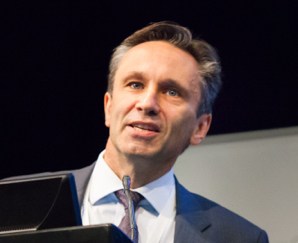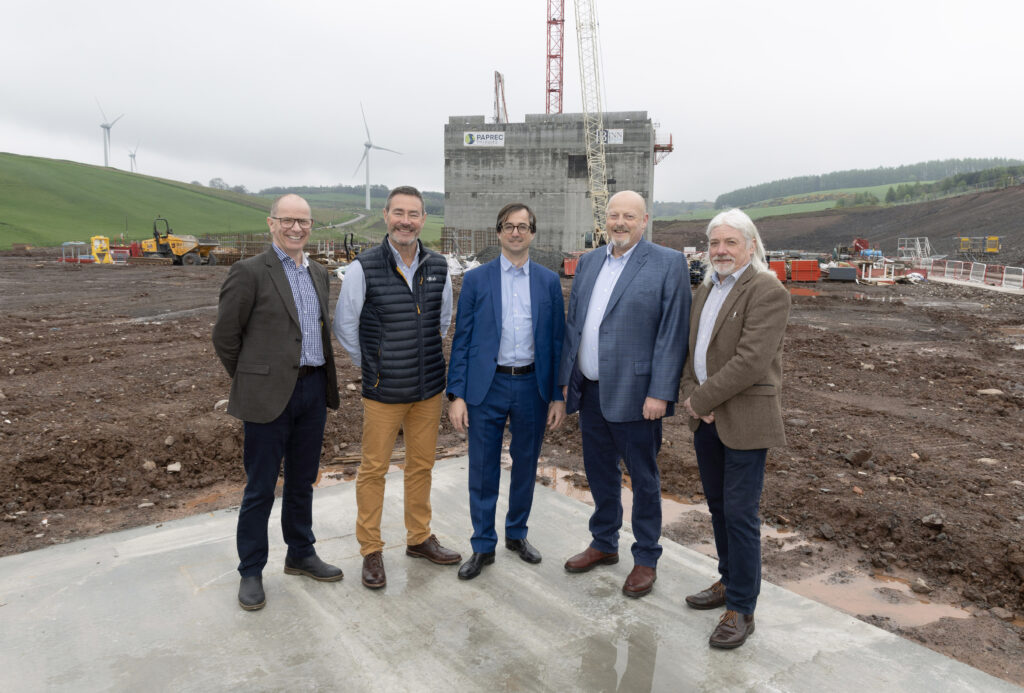A review of the projects funded by the bank since it was created in 2012 published by the consultancy on Friday (March 20) indicates that out of a total waste sector investment of £269.7m, over 90% is in projects that are mostly or wholly energy-from-waste (EfW) facilities. Meanwhile, just 3% represents treatment capacity for recycling, according to the consultancy.

The comments come as the GIB today (March 24) announced a £35 million investment in a waste-wood burning biomass plant at Tilbury. The investment is the second to be announced by the bank this week, after £28.5 million was invested in energy-from-waste plant and adjacent materials recycling facility at Forth by Lanark in Scotland (see letsrecycle.com story).
However, in a comment issued today, the GIB insisted that it was backing a range of project types and sizes across the waste hierarchy and that the energy-from-waste projects it was supporting were not displacing recycling.
Projects
According to the Eunomia study, The Green Investment Bank has made “repeated errors” in assessing the environmental impact of projects and is supporting many projects which are quickly becoming the “least favourable” option for waste management in terms of carbon. Furthermore, it suggests that this means the Bank’s interventions in the waste sector are ‘likely to prove far from green’.
When the GIB appraises the environmental impact of an incinerator, Eunomia said that a ‘key’ factor is how much CO2 would have been emitted by the source of electricity that the incinerator replaces. This is known as the ‘marginal’ CO2 emission factor.
However, it alleges that the GIB assumes that every unit of electricity produced by an incinerator leads to the avoidance of generation as intense as CCGT, contrary to government guidance which it claims says this is far too favourable.
The consultancy said: “The reality is that the benefit of electricity from incinerators drops rapidly over its lifetime. Defra research lends support to the view that over its lifetime an incinerator can be no better than a landfill. By 2035, the marginal generation factor is 0.075kg, only a tenth of what an incinerator will produce. By that comparison, investing in EfW today will look far from green in the future.
“The GIB has continued to announce investment decisions in EfW despite energy recovery being the second least favourable approach to waste management according to the legally binding waste hierarchy.”
Concerns
Eunomia added that in November 2014, the Commons Environmental Audit Committee recognised concerns about the nature of the projects the GIB is funding and called on the Government to ensure that the bank finances innovative technologies to support a circular economy.

Commenting on the research, Eunomia founder and chairman, Dr Dominic Hogg, said: “If there’s one thing you’d expect a group of bankers to be able to do right, it’s their sums. Had they got the interest rate wrong on their investments, heads would roll. But there doesn’t seem to be the same concern over a serious flaw in their investment appraisal approach.
“No-one will thank the GIB when the only obstacle to having decarbonised the electricity grid is the incinerators they built under the guise of being green. In 20 years’ time these facilities will still be producing energy – and by that time, the carbon intensity will be almost ten times the grid average.”
‘Important role’
Responding to the claims, the GIB insisted that it was playing an “important role” in developing a circular economy and pointed to recent investments in recycling.
Chris Holmes, waste & bioenergy managing director at the Green Investment Bank, said: “GIB is playing an important role in supporting the UK’s move to a more circular economy. We are backing a range of project types and sizes across the waste hierarchy including recycling, anaerobic digestion and waste-to-energy projects. Our investments in waste-to-energy projects are not displacing recycling and are avoiding waste being sent to landfill.
“Our most recent investments include the construction of a Materials Recycling Facility to recycle 20% of incoming residual household waste, in addition to what is recycled at the kerbside, and we have also set up a £50m fund to invest in smaller recycling and waste treatment projects across the UK.”










Subscribe for free